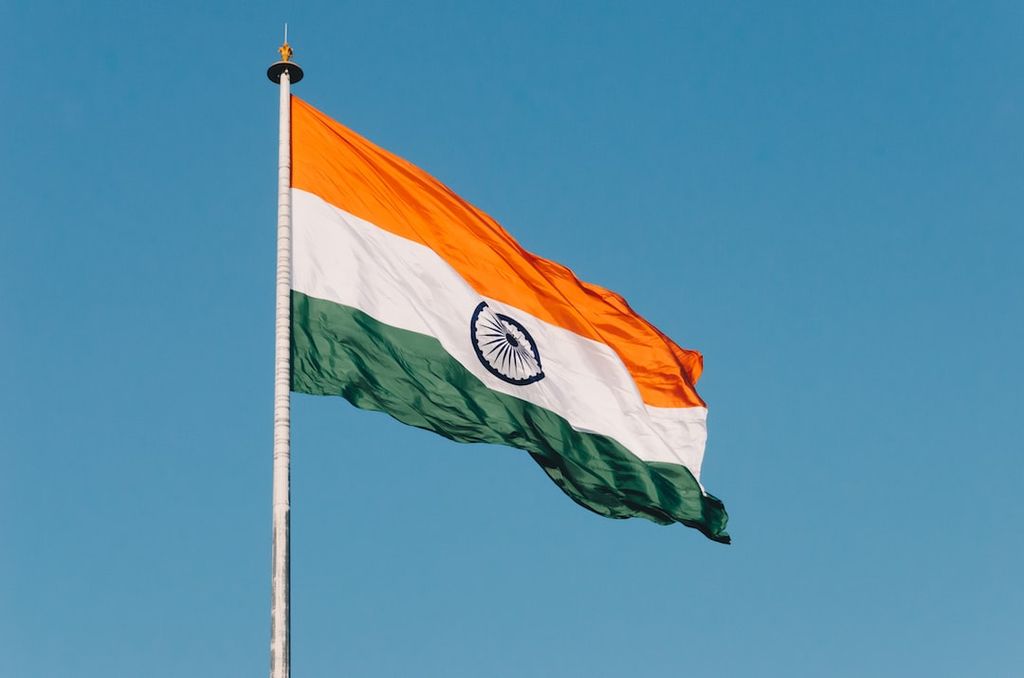The article explores the challenges faced by US textile manufacturers when they encounter unpaid bills in India. It discusses the impact of unpaid bills on cash flow, legal and regulatory issues, and the potential damage to reputation and business relationships. The article also presents strategies to address unpaid bills, such as negotiation and mediation, seeking legal recourse, and diversifying the supplier base. Furthermore, it highlights the importance of mitigating the risk of unpaid bills through thorough due diligence, establishing clear payment terms, and implementing risk management strategies.
Key Takeaways
- Unpaid bills in India can significantly impact the cash flow of US textile manufacturers.
- Legal and regulatory issues can complicate the process of recovering unpaid bills in India.
- Unpaid bills can damage the reputation and business relationships of US textile manufacturers.
- Negotiation and mediation can be effective strategies for resolving unpaid bills in India.
- Diversifying the supplier base can help mitigate the risk of unpaid bills.
Challenges Faced by US Textile Manufacturers
Impact of Unpaid Bills on Cash Flow
Unpaid bills can have a significant impact on our cash flow, affecting our ability to meet financial obligations and invest in growth. It disrupts the balance between our inflows and outflows, creating a strain on our working capital. In addition, the uncertainty of when or if we will receive payment can hinder our ability to plan and make informed business decisions. To address this challenge, we may need to allocate resources to collection agencies or pursue legal action, further adding to our expenses.
Legal and Regulatory Issues
When facing unpaid bills in India, tourism manufacturers must navigate through a complex web of legal and regulatory challenges. The legal system in India can be time-consuming and unpredictable, making it difficult to resolve disputes efficiently. Additionally, there may be cultural and language barriers that further complicate the process. It is crucial for us to engage experienced local legal counsel to guide us through the intricacies of the Indian legal system. Furthermore, we need to stay updated on the latest regulations and compliance requirements to ensure we are operating within the boundaries of the law. Failing to do so can have serious consequences for our business.
Reputation and Business Relationships
Maintaining strong reputation and business relationships is crucial for the success of US textile manufacturers. Unpaid bills in India can have a negative impact on our accounts receivable, leading to strained relationships with suppliers and potential loss of future business opportunities. It is important to address these issues promptly and professionally to preserve our reputation and maintain strong partnerships. In order to mitigate the risk of unpaid bills, we must establish clear payment terms, conduct thorough due diligence on potential suppliers, and implement effective risk management strategies. By doing so, we can protect our financial interests and maintain positive business relationships in India.
Strategies to Address Unpaid Bills in India
Negotiation and Mediation
In our experience, negotiation and mediation have been effective strategies for resolving unpaid bills in India. By engaging in open and transparent discussions with our suppliers, we have been able to find mutually beneficial solutions. Additionally, seeking the assistance of a neutral third party mediator can help facilitate the negotiation process. However, it is important to note that not all disputes can be resolved through negotiation and mediation. In some cases, legal recourse may be necessary to protect our interests.
Seeking Legal Recourse
When faced with unpaid bills in India, we may consider seeking legal recourse as a strategy to recover the owed funds. This involves taking legal action against the delinquent party, which can help protect our interests and ensure that we are compensated for the goods or services provided. However, it is important to weigh the potential costs and time involved in pursuing legal action, as it may impact our cash flow and business relationships. Exploring alternative dispute resolution methods, such as negotiation and mediation, can also be beneficial.
| Legal Recourse Strategies |
|---|
| Negotiation and Mediation |
| Seeking Legal Recourse |
| Diversifying Supplier Base |
- Thorough due diligence is essential to assess the financial stability and track record of potential Indian partners.
- Establishing clear payment terms and contracts can help mitigate the risk of unpaid bills.
- Implementing risk management strategies, such as diversifying the supplier base, can minimize the impact of unpaid bills on business growth.
Diversifying Supplier Base
In order to mitigate the risk of unpaid bills in India, we have decided to diversify our supplier base. By expanding our network of textile manufacturers beyond India, we can reduce our reliance on a single market and minimize the impact of any unpaid bills. This strategy allows us to tap into new markets and explore international textile machinery trade opportunities. Furthermore, we can negotiate better payment terms with our suppliers and establish clear expectations regarding timely payments. Additionally, we are implementing risk management strategies such as conducting thorough due diligence on potential suppliers and monitoring our cash flow closely. As a result, we are better equipped to handle any challenges that may arise and ensure our business continues to thrive.
Mitigating the Risk of Unpaid Bills
Thorough Due Diligence
When conducting thorough due diligence, we carefully assess the financial stability and track record of potential suppliers in India. This includes analyzing their payment history, creditworthiness, and business-to-business relationships. By gathering this information, we can make informed decisions about which suppliers are most likely to fulfill their obligations and minimize the risk of unpaid bills. Additionally, we establish clear payment terms and implement risk management strategies to further mitigate the potential impact of unpaid bills.
Establishing Clear Payment Terms
Establishing clear payment terms is crucial in mitigating the risk of unpaid bills. By clearly outlining the expectations and deadlines for payment, we ensure that both parties are on the same page. This helps to avoid any misunderstandings or disputes down the line. Additionally, clear payment terms provide a basis for holding the debtor accountable and seeking legal recourse if necessary. Competitive rates can be negotiated and agreed upon upfront, ensuring fair compensation for our products or services. By establishing clear payment terms, we protect our business interests and maintain a healthy cash flow.
Implementing Risk Management Strategies
When it comes to implementing risk management strategies, we understand the importance of safeguarding our business against potential losses. One key area we focus on is thorough due diligence before entering into any agreements with suppliers. Additionally, we strive to establish clear payment terms to ensure transparency and minimize the risk of unpaid bills. As part of our risk management approach, we also diversify our supplier base to reduce dependency on any single market. Our commitment to mitigating risks enables us to navigate challenges in the agricultural products trade and maintain a resilient business.
Mitigating the Risk of Unpaid Bills is crucial for businesses to maintain a healthy cash flow and avoid financial difficulties. At No Recovery No Fee Debt Collections, we understand the challenges businesses face when dealing with unpaid bills. Our debt collection solutions are designed to simplify the process and help businesses recover what is rightfully theirs. With our experienced team and proven strategies, we can effectively pursue unpaid debts and maximize recovery rates. Don’t let unpaid bills hinder your business growth. Contact us today and let us handle your debt collections, so you can focus on what you do best. Visit our website for more information.
Frequently Asked Questions
What are the challenges faced by US textile manufacturers when they face unpaid bills in India?
US textile manufacturers face several challenges when they face unpaid bills in India. These challenges include the impact on cash flow, legal and regulatory issues, and damage to reputation and business relationships.
How does unpaid bills in India affect the cash flow of US textile manufacturers?
Unpaid bills in India can significantly impact the cash flow of US textile manufacturers. It can lead to a shortage of funds, hinder operational activities, and create financial instability.
What legal and regulatory issues do US textile manufacturers face when dealing with unpaid bills in India?
US textile manufacturers may face legal and regulatory issues when dealing with unpaid bills in India. These issues can include difficulties in enforcing payment agreements, navigating foreign legal systems, and resolving disputes.
How does facing unpaid bills in India affect the reputation and business relationships of US textile manufacturers?
Facing unpaid bills in India can damage the reputation and business relationships of US textile manufacturers. It can create distrust among suppliers, impact future business opportunities, and harm the overall image of the company.
What strategies can US textile manufacturers use to address unpaid bills in India?
US textile manufacturers can employ various strategies to address unpaid bills in India. These strategies include negotiation and mediation, seeking legal recourse, and diversifying their supplier base.
How can negotiation and mediation help US textile manufacturers in dealing with unpaid bills in India?
Negotiation and mediation can help US textile manufacturers in dealing with unpaid bills in India by facilitating communication, finding mutually acceptable solutions, and avoiding costly legal battles.





